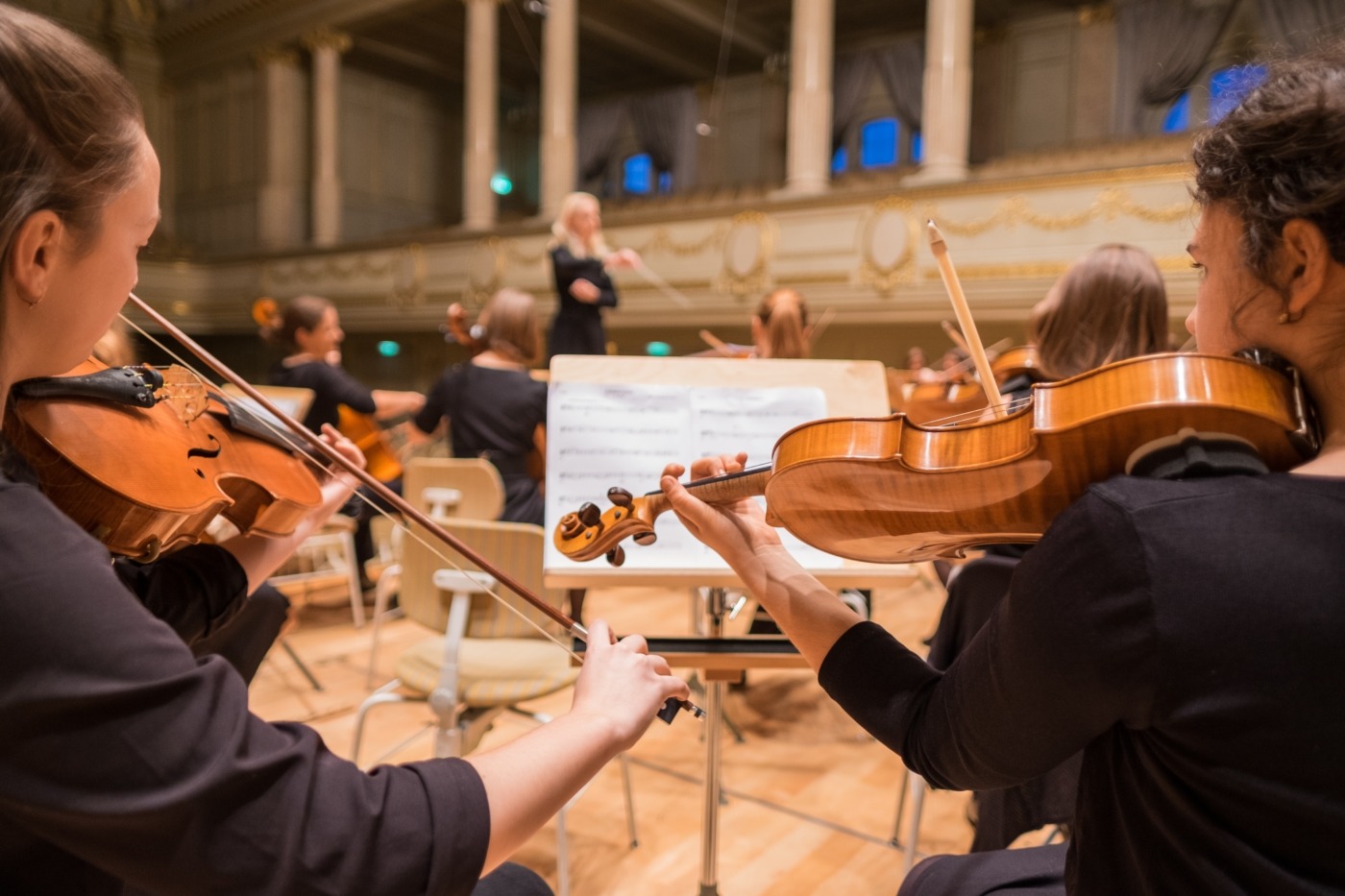The Best Video Game Soundtracks
When it comes to music, video game soundtracks are often completely overlooked. This is a shame, as video game composers are often pushing the boat out, producing scores as interesting and exciting as the best film or TV composers. In this piece, I’ll recommend a few of the best video game scores out there – ones that are great listening on their own, and which help to make their game something special. There’s so much good stuff out there, though, and whittling it down to three soundtracks may be the toughest thing I do at uni!
Super Mario Galaxy
A lot of Mario games could’ve been in this spot, as Mario games have provided some of the most iconic pieces of gaming music ever (the original game’s ‘Ground Theme’ is pretty much the piece of video game music). The soundtrack I’m highlighting, though, is that of Super Mario Galaxy, which mixes in some classic elements of Mario’s music and exciting fresh themes in a way that is both excitingly familiar and refreshingly new.
Galaxy is the first Mario game to use a full orchestra in its score (a score composed by Mahito Yokota and Koji Kondo), a choice made in no small part because of the way it amplifies the scale of the game. From the sweeping strings of the ‘Gusty Garden Galaxy’ arrangement (which, somewhat appropriately, blows you away the first time you experience it) to the terrifying choir of the final Bowser battle, each piece quickly establishes the personality of the galaxy you’re in within seconds. Old themes are employed to a small extent and souped up orchestrally, but Galaxy has its eye firmly on being a unique piece of work.
Like the best Mario soundtracks, it has a number of earworms that will stay with you long after the Wii is turned off, but it never loses sight of its main purpose – to complement the game, giving it a distinctly Mario identity as it enhances the on-screen experience significantly. There’s a reason that video game concerts often play pieces from this game – the music is that good, and it works just as well on its own terms as it does a backdrop to the game.
The Legend of Zelda: Ocarina of Time
Another showing for Koji Kondo – again, the Legend of Zelda games have such good music and such a strong musical identity that almost any of them could have taken this place, but I think the best score in the series is that of Ocarina of Time.
This is in part due to the importance of music in the game itself – in the game, one of Link’s valued items is a magical ocarina. The buttons of the N64 resembled the holes of the ocarina, and learning to play songs grants Link abilities necessary to complete the game (and what could be cooler than a song that controls time?). They are fairly simple, but iconic pieces, and the ocarina has a haunting quality when listened to. After the game’s release, ocarina sales worldwide shot up
Kondo employs a leitmotif style of scoring for both the characters and the locations – as with Galaxy, the pieces serve to define the characters and the places. There is not too much in the score that is particularly complex, but complexity is not synonymous with quality. We find a bit of a mishmash of styles – Kondo’s customary strings are here, but then we also get the joy of the mariachi-inspired ‘Gerudo Valley,’ a piece that is as fun to listen to now as it was then. As a fan of the western, I also enjoy ‘Kakariko Village’ – it’s a gentle tune, one that can’t help but feel intimate and calming.
It’s a bit of a gripe that the game lacks the famous ‘Overworld’ theme, but when that’s the major complaint to draw with the score, you know you’ve got something special on your hands.
Halo 3
This was a tough call to make – it was between this game and the Soviet Union-inspired music of Tetris (now there’s a score that really conjures up a specific time and place). In the end, I chose Halo 3, perhaps in an effort to showcase that it’s not just Nintendo that knows how to score a game!
Everyone is familiar with the main and now iconic Halo theme, a piece laden with Gregorian chanting that made clear both the solemnity and action nature of the game. However, I think that it is the third instalment, with a score by Martin O’Donnell and Michael Salvatori, that has the strongest score in the series. It reworks and refines some of the old cues from the previous games as well as creating new ones, and it employed a sixty-strong orchestra to bring them to life (like Galaxy, it was the first game in the series to do so).
It brings back the customary Halo choirs and cellos, but also makes extensive use of the piano – the motif can be heard in pieces like ‘Never Forget,’ which incorporates the subtle piano in contrast to the rhythm of the strings. That’s not to say the score focuses solely on this delicate music – there are cues here that could be from action films, which immediately serve to get the blood pumping. A piece like ‘Behold A Pale Horse’ or ‘Halo Reborn’ will immediately get you thinking of action and heroism, whether you’ve played the game or not, and that is a testament to the craftsmanship of the two composers.
By the time this third game rocked up, O’Donnel and Salvatori had really perfected the musical identity of the series, and it is apparent when you listen – they know what they’re doing, and they do it well.

Comments